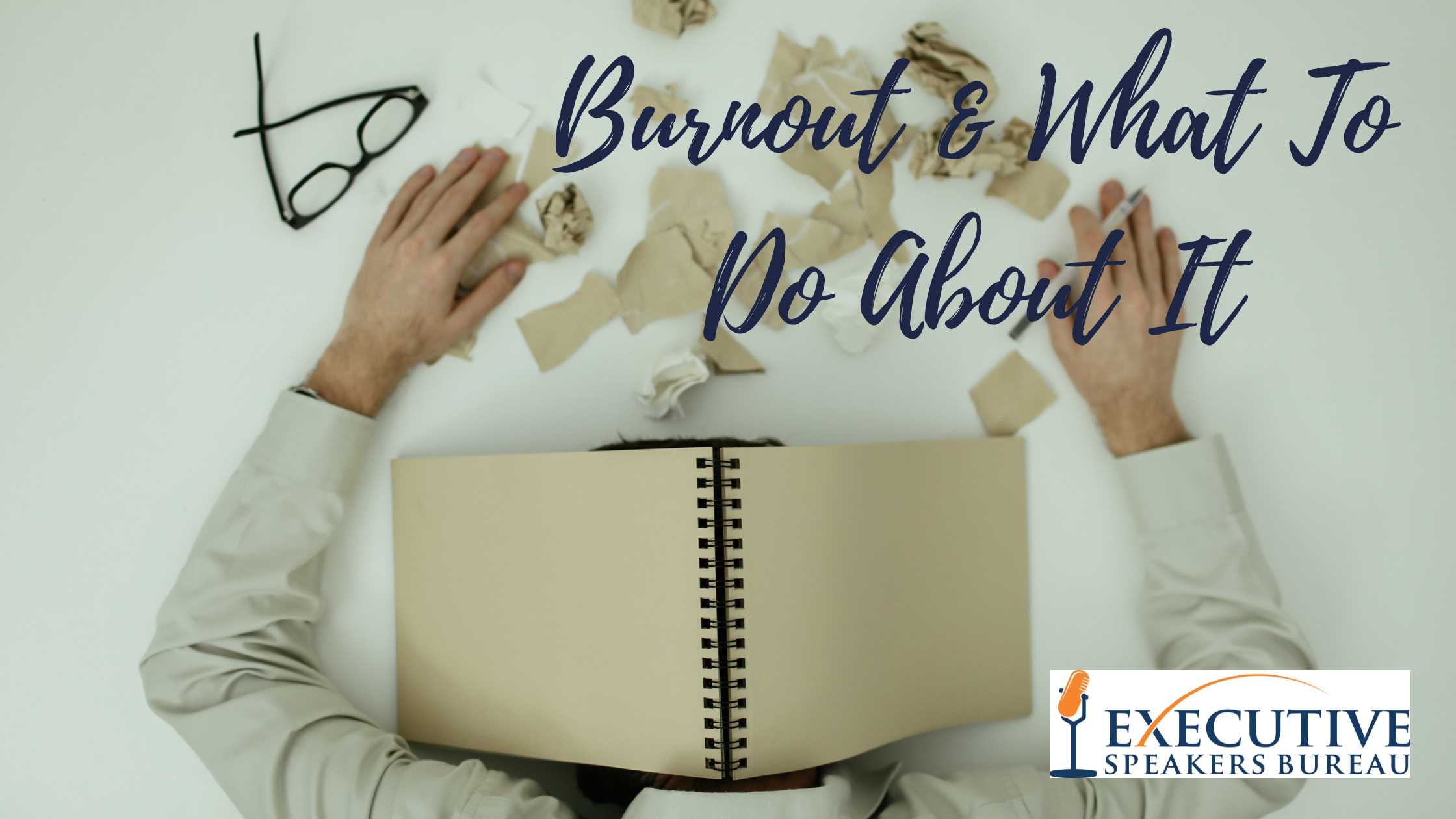
Burnout has become a bit of a buzzword but what does it actually mean and how do you know if you are experiencing exhaustion, depression or if you’re on the fast-track to burnout. Now before you think, well I know I’m tired but I haven’t got time to do any of these fluffy-self-care things - hear me out. If you hit full on burnout evidence suggests it could take 2-5 years to fully recover - have you got time for that?
The term Burnout was first coined in 1975 by Dr Herbert Freudenberger who found the phenomenon present in health and social care workers and then developed his findings to include twelve stages of burnout which are particularly relevant today. While the World Health Organisation has termed burnout a workplace phenomenon, there are many factors that can be argued to influence burnout levels including generational and vicarious traumas, chronic stress built over time and lifestyle factors including our sedentary and technology fuelled lifestyles that prevent us from literally shaking out the stress from our bodies.
It’s worth noting if you are already toying with the twelve stages of burnout and crucially asking yourself at what stage you tend to pull back by doing the things you know boost your well-being. The stages include:
- Working Harder
- The compulsion to prove oneself
- Neglecting your own needs
- Displacement of conflict - or taking out your stress on people close to you
- Revision of values
- Denial of problems
- Withdrawal or isolation
- Odd behavior changes
- Depersonalisation
- Inner Emptiness
- Depression
- Burnout syndrome (complete physical, emotional and mental exhaustion)
In my work with organizations globally, I see a few factors playing a part in the rise of burnout levels. The pandemic was a collective trauma that many of us are only now feeling the impact of, hybrid work without clear parameters has left many of us in a state of hyper-vigilance unable to fully switch off and resource ourselves and in uncertain economic climates many of us are still firmly in survival mode, a space that is useful in the short term but negatively impacts our physical and mental health in the long term - not to mention the rise in addictive consumer-driven technologies meaning that even our down time is in the extremes of dopamine highs or depletion.
So what do we do about it? Can we change the systems that have provoked the rise in symptoms or are there things we can put in place to take radical responsibility for our wellbeing?
Firstly, let’s see what’s in our control. Here are three things that can help you assess your own burnout levels and begin to help you get back to a place of focus, fulfillment, and happiness.
Radically assess your lifestyle
Yes, technology is set up to be addictive and your workplace may be toxic but often, we’re so firmly in survival mode that we don’t take time to reflect on what’s possible and instead wait until our body or mind crash completely before making lifestyle changes. Have health habits slipped, are you spending more and more time in inefficient working practices, complaining about all that is wrong with the world rather than creating space to invest in yourself? If so the first step is to understand the problem and know your part in it.
Get back to building healthy habits
Yes, it’s not as sexy as its foundational elements that are as old as time however they may need to evolve alongside the modern work lifestyle. Creating 5-minute wins, buffers between work and play, and creating intention around how you live your life can help you focus on what’s in your control. According to Dr. Emily and Amelia Nagoski, authors of Burnout: The Secret to Unlocking the Stress Cycle - movement is the single best way to prevent burnout as you are literally shaking out the stress from your body. Creating opportunities in your working day for movement is crucial for prevention.
Practice Bravery
This probably sounds intense given you’re probably already on the emotional exhaustion spectrum if you’re reading this - but bravery means questioning the systems around you, discussing burnout with friends or colleagues, and creating positive accountability within your day to help you sustain healthy habits and question assumptions about how you work (I’m not sure why but isn’t this how we’ve always done it?) so that you can understand your expectations. Sometimes bravery is taking the plunge and using your early burnout symptoms as information, an opportunity to help you take the leap and change something for the better.
After all, what if work was good for your mental health, not something you have to recover from?
Petra Velzeboer is a dynamic, entertaining and practical speaker who is sure to bring life, laughter and insight to your audience. A global TEDx speaker, psychotherapist, author, and CEO of mental health consultancy PVL, she brings expertise on topics that impact employees, managers and C-suite leadership with the aim of evolving our workplaces and cultures for the new world of work. To learn more or to check Petra's availability for your next event, contact Executive Speakers Bureau at (901) 754-9404.
Recent Posts








Sign up for our Email Newsletter
Testimonials

Need Suggestions? Have Questions?
Call to discuss how we can you help find the right speaker(s) for your organization.
© 2025 Executive Speakers Bureau. All Rights Reserved.
Design and Developed by eBiz Solutions
Get Ideas in 1 hour or less
Executive Speakers Bureau consistently receives praises about our speed and efficiency. From the beginning of your event planning, our extensive online speaker database and resourceful staff allow us to quickly equip you with the best speaker for your event.
Need a last minute speaker? No worries. Our speed and efficiency help us give you ideas for speakers in one hour or less.

 Petra Velzeboer
Petra Velzeboer












Comments
Burnout is pervasive; discover actionable solutions to reclaim your well-being today!
I really appreciate Petra's article on Burnout. As an expert in reducing busyness, distraction and overwhelm, her to the point and insightful tips on how close we are to burnout has really hit the spot for me today. Thanks again. Linda
Leave a Comment